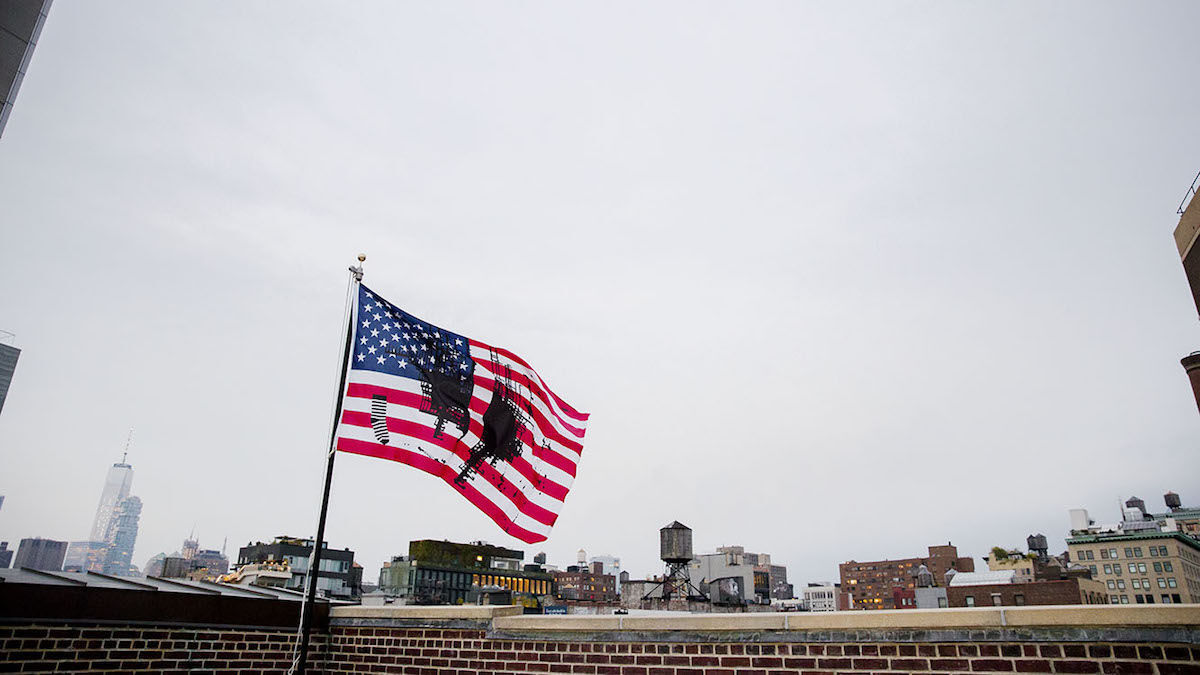A Museum Manifesto for a More Equitable Future
May 1, 2018
A Museum Manifesto for a More Equitable Future
“The museum sector often thinks about equity in terms of access to exhibits and educational programs. There is also a robust and growing movement to make museums’ digital assets, including documentation and images of collections, open and accessible. But museums also control immensely powerful intangible assets: notably reputation, reach, and networks of influence. I’m developing a workshop to help museums figure out how to use their assets, tangible and intangible, to redress inequities in their communities. By sharing the rough outline of this work in this post I hope to solicit your input, and your help in identifying potential partners, hosts, funders, and participants in this work.
One of the biggest challenges facing the United States today is wealth inequality. One percent of the population now holds well over a third of the nation’s wealth, while the bottom 90% holds less than a quarter. This inequality in wealth is part of a pernicious feedback loop of inequity in education, housing, our legal system, job opportunities, health care, political power to name a few. In addition to being a social justice issue in and of itself, economists, historians and policy experts warn that escalating inequality can lead to social and economic instability and some feel it poses a significant threat to our democratic system. I believe there is a huge opportunity for museums to prove their value to society, and tap new sources of support, by taking that second road.”

